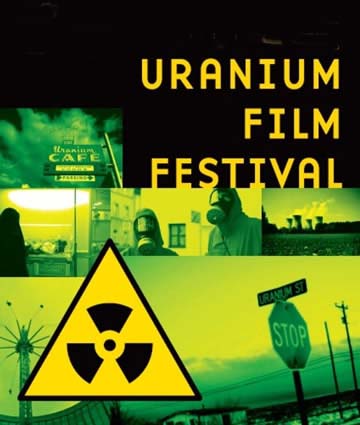Returnee Fukushima farmers offer taste of rice cultivation in hopes of revitalization
Sustaining the hope of recovery despite the radioactive contamination risk

University students covered in mud plant rice saplings in a drained paddy in the town of Namie, Fukushima Prefecture, on May 19, 2018.
June 10, 2018
FUKUSHIMA — University students and others from around Japan are coming to the farming villages of Fukushima Prefecture where evacuation orders from the 2011 nuclear disaster have been lifted, experiencing rice planting and interacting with local residents who are facing a difficult recovery and population decline.
Organized by local municipal governments and residents, the visits by people from outside the region affected by the Fukushima No. 1 Nuclear Power Plant disaster are providing inspiration to farmers, who have seen less than 20 percent of the pre-disaster farmland planted, and few inheritors to carry on the region’s farming industry.
The laughter echoed over the idle farmland of the Sakata district in the town of Namie, Fukushima Prefecture, as university students and other participants planted rice by hand in a drained paddy on May 19.
“Everyone looks like they’re having fun,” said Namie resident and farmer Kiyoto Matsumoto, 79, with a smile. “Watching them is pretty enjoyable.”
Students started coming to Namie to experience rice planting two years ago. The idea of the event was to have them learn about the current conditions in areas affected by the March 2011 earthquake, tsunami and nuclear disasters, and to link the awareness with the revitalization of the region. On that day, roughly 60 students worked up a sweat in the mud of the rice paddies. The students can also take part in the harvest of the crops and sell the rice at a local festival held in the town in November.
“I really got a feel for how hard farmers work, and I also learned about the lack of successors to take over the farms and other issues,” said an 18-year-old first-timer, a student at Waseda University in Tokyo. Matsumoto hopes that “the young people (who participate) will be able to feel something through experiencing agricultural work.”
In areas where the 2011 evacuation order has been lifted, rice production has once again become possible. The Fukushima Prefectural Government has been testing all rice produced within the prefecture, and there have been no cases where the rice exceeded the standard limit of the radioactive material cesium from 2015-2017. Still, even after the evacuation order was lifted, residents have not been returning to their pre-disaster homes, and with the added influence of an aging population and a lack of successors, there are few farmers who have taken up rice cultivation again. Of the farmland across the five villages and towns of Tomioka, Namie, Iitate, Katsurao and Naraha, the Odaka Ward of the city of Minamisoma and the Yamakiya district of the town of Kawamata, for which evacuation orders were lifted between 2015 and 2017, only between less than 1 percent to 14 percent of the pre-disaster farmland was in use this spring.
In the village of Iitate, 73-year-old farmer Masao Aita also held a rice-planting event on May 19 for adults and students alike that attracted 32 participants. Aita and his wife just returned to the village the month before. The couple had given up on cultivating rice out of concern that they would not be able to sell what they had produced, and planned to plant the fields with tulips and other flowers. However, they were approached by a volunteer group. The group recommended the rice cultivation event.
Aita plans to send the harvested rice to each of the participants and have them give it a taste. “If people from the outside come visit the village, then it is bound to spark something eventually,” he said.
(Japanese original by Shuji Ozaki, Fukushima Bureau)
No comments yet.
-
Archives
- May 2024 (12)
- April 2024 (367)
- March 2024 (335)
- February 2024 (345)
- January 2024 (375)
- December 2023 (333)
- November 2023 (342)
- October 2023 (366)
- September 2023 (353)
- August 2023 (356)
- July 2023 (362)
- June 2023 (324)
-
Categories
- 1
- 1 NUCLEAR ISSUES
- business and costs
- climate change
- culture and arts
- ENERGY
- environment
- health
- history
- indigenous issues
- Legal
- marketing of nuclear
- media
- opposition to nuclear
- PERSONAL STORIES
- politics
- politics international
- Religion and ethics
- safety
- secrets,lies and civil liberties
- spinbuster
- technology
- Uranium
- wastes
- weapons and war
- Women
- 2 WORLD
- ACTION
- AFRICA
- Atrocities
- AUSTRALIA
- Christina's notes
- Christina's themes
- culture and arts
- Fuk 2022
- Fuk 2023
- Fukushima 2017
- Fukushima 2018
- fukushima 2019
- Fukushima 2020
- Fukushima 2021
- general
- global warming
- Humour (God we need it)
- Nuclear
- RARE EARTHS
- Reference
- resources – print
- Resources -audiovicual
- World
- World Nuclear
- YouTube
-
RSS
Entries RSS
Comments RSS




Leave a comment